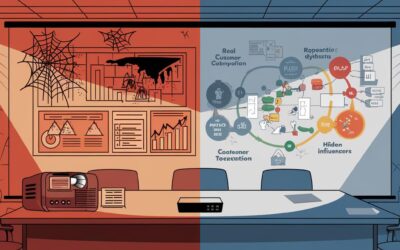Lessons from Byjus’s fall from Unicorn to Insolvency
1. Respect for Investor’s money
Quite often, the Promoters, in the first flush of valuations and with succeeding increases in valuations, lose perspective of why they got valuation in the first place.
The cash available is treated as an unlimited funnel and gets spent on vanity projects, which have nothing to do with the Core of the Business or why the investors have invested in the Company.
And any such outlays on non-revenue accreting avenues, leads invariably to a cash burn.
2. Respect by the investors for their investment.
We have seen investors, having invested in Unicorns, turning a benevolent eye towards the spends, as the Promoter talks of Brand creation, value enhancement, and a whole host of other jargon.
And unfortunately, the jargon leads to cash burn and not business growth.
3. Acquisition for the sake of acquisition.
Some of the acquisitions made by such Companies that fall so rapidly do not make business or strategic sense and often such acquisitions do not have adequate diligence. The cost of acquisition may well be excessive to the intrinsic worth of the Company.
4. Irrational Salaries and Stock Options for Employees
Several such companies have gone on a recruitment spree, splurging cash on hires and offering disproportionate compensation packages. When performance does not meet expectations, the burn has already taken place.
There is a need for better management and governance. When investments occur at such valuations, investors must insist on a top layer of the company that extends beyond the family and friends of the promoters. Professional talent should be inducted to control and manage cash effectively, behave like a cash-starved company that protects and preserves cash, and use funds judiciously for revenue-generating activities.
Finally, a governance mechanism must go beyond standard platitudes, holding all stakeholders accountable and answerable.
Till such time, instances like Byju’s will keep recurring causing a drain on investor funds.






